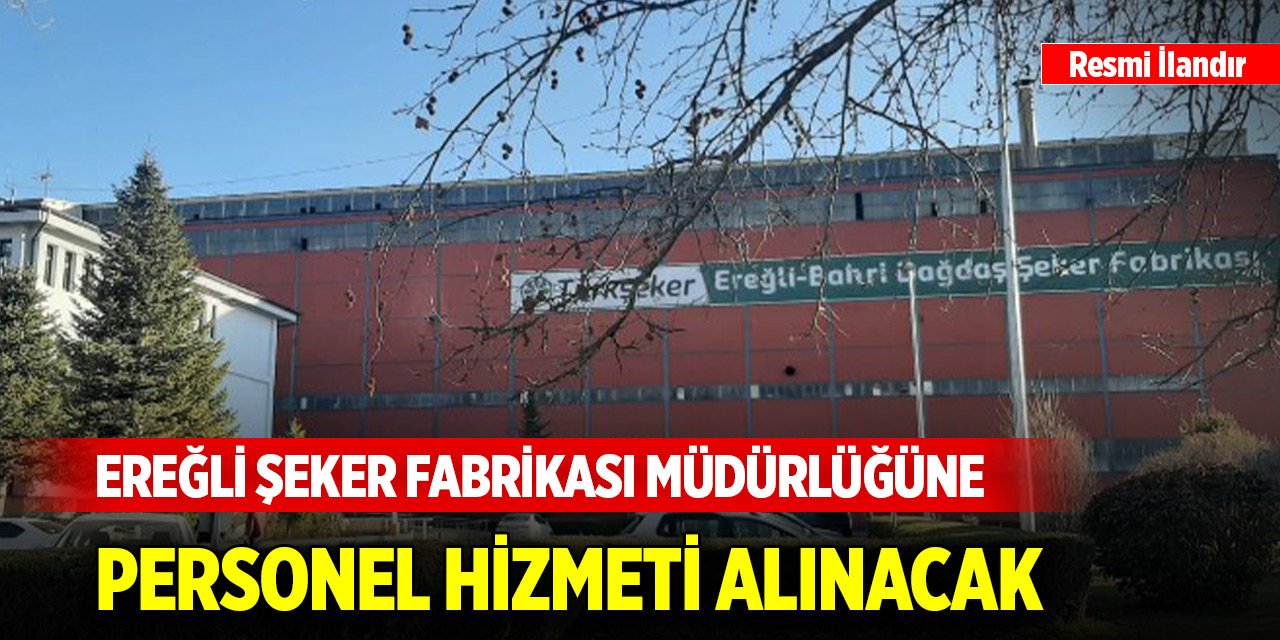Maduro stands to suffer heavy losses in Venezuela poll
President's ruling party projected to love parliamentary control in vote Sunday

Venezuelans head to the polls Sunday to elect deputies to the National Assembly, but it will be as much a vote on the country's embattled president whose ruling party looks to be facing failure.
Desperate to come out of a deep economic rut, recent polls suggest Venezuelans on Dec. 6 will hand control of the parliament to the country's opposition alliance, known as the Democratic Unity Roundtable, or MUD, for the first time in over 15 years.
The size of the opposition's predicted victory matters. A slim majority of the 167 seats would give the opposition few options to change a system implemented by President Nicolas Maduro, where allies have been strategically positioned in institutions to allow his PSUV party government to rule with an iron fist. A majority of more than two-thirds of seats, however, would allow major change and could even challenge Maduro's presidency.
Regardless of the proportions, a parliamentary defeat would be a significant blow to Maduro and the Bolivarian revolution he represents, which has not lost an election since 1998.
Maduro was elected by a whisker in 2013 as his campaign was supported by the legacy of the popular Hugo Chavez and the raw emotions surrounding his death that facilitated the vote.
Chavez's charisma led him to a string of election victories, helped by an oil boom that filled Venezuela's coffers that he used to subsidize goods and social handouts.
Despite trying to imitate Chavez, whose face remains ubiquitous on the streets of Venezuela, Maduro appears to have failed to inspire his compatriots.
The opposition leads by 20 points, and 85 percent of Venezuelans are now dissatisfied with the way their country is being run, according to a Pew Center study.
Maduro has attempted to bolster support among his largest support base -- the millions of poor Venezuelans -- by increasing the minimum wage and promising 1 million homes for the neediest by the end of the year. This week he delivered the 900,000 home.
But the generous social programs do not benefit the majority of Venezuelans.
Triple-digit inflation and a deep recession exacerbated by a slump in global oil prices has dragged down Maduro's popularity from above 60 percent nearly two years ago, to now around 23 percent, according to a recent poll.
Rampant crime and widespread shortages of staple goods have also taken their toll. The lack of basic products has been blamed on smuggling gangs and Maduro's sworn enemies -- Colombia, the U.S. and the opposition.
Many are also angry with the continued muzzling of the opposition and the press by courts and security forces that critics accuse of rubberstamping government orders.
At least four opposition figures are also currently under house arrest or jailed and barred from running.
Most prominent is Leopoldo Lopez, the opposition leader sentenced to more than 13 years in prison in September for his role in last year's deadly anti-government protests. He likely would have dominated the elections.
The European Union, United Nations and human rights organizations all condemned his trial as unfair and politically-motivated.
With a tense campaign now at an end, Venezuela must now wait a little longer to see if the vote will pass peacefully and democratically -- and so do its neighbors.
After meeting Brazilian President Dilma Rousseff, Argentina's conservative president-elect Mauricio Macri said Friday that his country and regional power, Brazil, would "both observe closely what happens, very much hoping the tension that Venezuela is living through today will subside".
But the two countries will be looking on from afar. International observers have not been allowed in, with the exception of the Union of South American Nations, whose mission has been criticized as handpicked by Venezuela, and from which Brazil withdrew after its candidate was vetoed by Venezuela. The U.S.-based Organization of American States' request to monitor the poll was flatly rejected.
Maduro said he will "respect" the outcome of the vote but also threatened his party would "head to the streets" if it lost, which some analysts interpreted as vowing a violent response.
"Coexistence between an opposition-controlled parliament and the current regime is hard to imagine," according to the Economist magazine.

